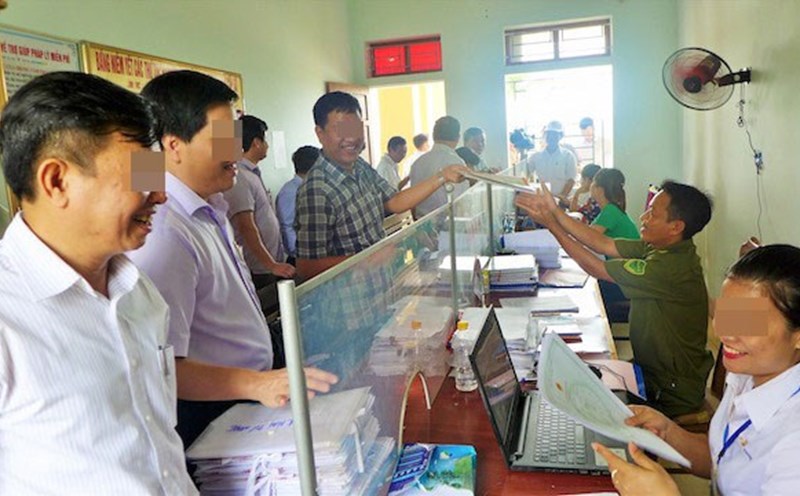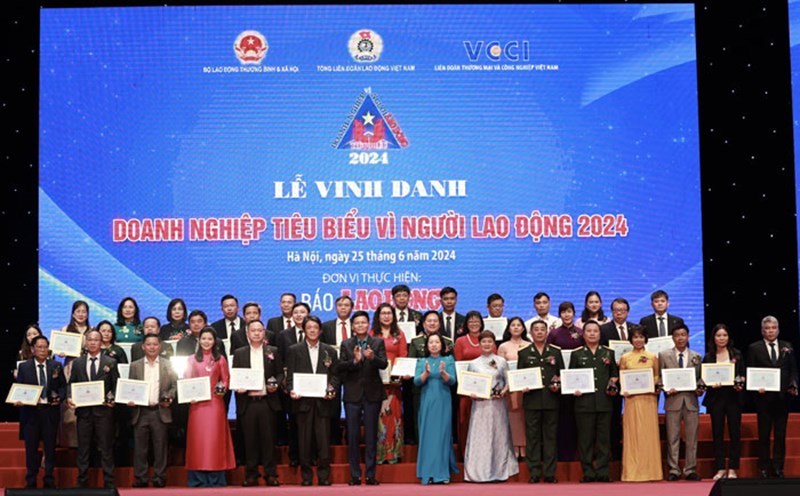Schools must announce conversion of benchmark scores to be able to download admission data
The Ministry of Education and Training (MOET) requires universities and colleges to publicly convert the equivalent of the admission standard score between admission methods and combinations before admission. If not done, schools will not be able to download data and admission information from the system. This is a mandatory requirement in the 2025 enrollment period to ensure transparency, fairness and compliance with the Enrollment Regulations.

Schools must use all valid evidence that candidates have submitted on the system (such as exam scores, academic records, foreign language certificates, etc.) for admission. At the same time, it is necessary to announce regulations on the difference between groups, review secondary criteria, data from previous years and determine appropriate virtual rates. The Ministry of Education and Training also requires strengthening internal inspection, handling complaints, and coordinating support for candidates with errors.
This year, the Ministry of Education and Training requires converting the equivalent score between admission methods, not issuing unified regulations for schools to build their own. This makes parents and students confused, while experts are concerned that each place will have a different type of conversion that will not ensure transparency and fairness in enrollment. See more...
The benchmark score of the University of Mining and Geology in 2025 is expected to decrease slightly
The concerns of teachers who have been teaching in the highlands for more than 20 years
Mr. Tran Ngoc Hai, born in 1982, is a teacher at Cao Son Primary and Secondary School (Co Lung commune, Thanh Hoa province), with more than 20 years of working in the highlands. Although his hometown is in Bien Thuong commune, more than 100 km from the school, every year Mr. Hai regularly returns to school every new school year, carrying the spirit of dedication to the profession despite difficult travel and living conditions.

Far from his wife and children, he can only go home 1-2 times a month, and his income is limited because the school is no longer supported, Mr. Hai is still determined to stick with the job. Recently, despite their old age, the teacher and his wife still decided to have a second child, but because of living conditions in a poor village, the family could not reunite and had to accept a divided life.
Mr. Hai is the teacher who has been with the school for the longest time, always considered a role model, devoted to the students. The school's principal, Mr. Nguyen The Tai, and his colleagues always respect and encourage each other to stay mentally strong, together overcoming difficulties to fulfill the mission of teaching children in mountainous areas. See more...
After the merger, most of the commune-level education cadres have expertise not related to education
According to a quick survey by the Ministry of Education and Training, out of 1,000 civil servants assigned to be in charge of education at the commune level, there are up to 302 people without expertise related to education, including livestock engineers, construction workers, bachelor of law, accountants, etc. This shows that the assignment of personnel is mainly to "fill positions" instead of ensuring quality and professional suitability.

Many cadres assigned to be in charge of education in communes/wards have never worked in the industry, causing difficulties in performing professional tasks. For example, Ms. Nguyen Dieu Binh, although studying in preschool, had to manage all 3 levels of education. The lack of expertise makes it impossible to direct and evaluate educational activities.
Currently, each commune-level Department of Culture and Social Affairs only arranges a maximum of 2 civil servants in charge of education. With more than 3,300 communes/wards nationwide, the human resource demand is up to more than 6,000 people. However, the assignment is not suitable in both quantity and qualifications, causing the grassroots education management system to face the risk of stagnation if not adjusted in time. See more...









